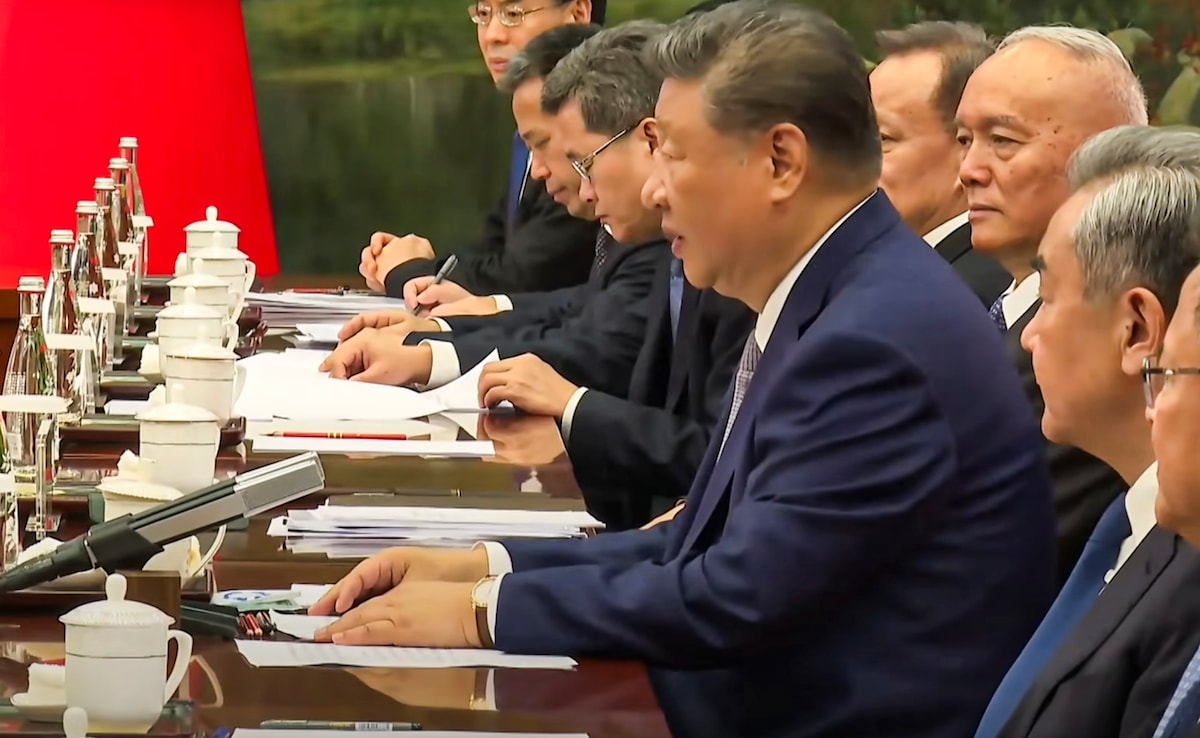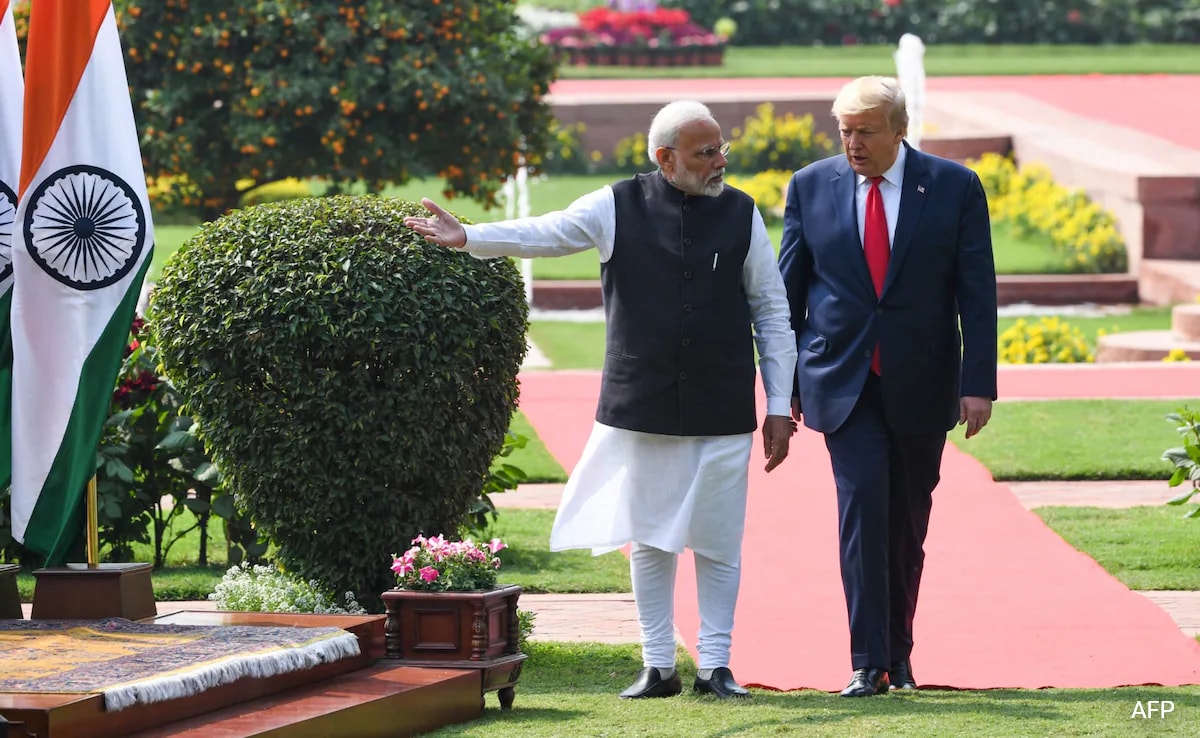The bans have also angered political leaders in Africa who view them as hasty and unjustified â scapegoating countries that have been quick to come forward with information on a potentially dangerous new variant. South Africaâs health minister on Friday described the measures as âmisdirectedâ and âdraconian.â
âWe are all concerned about the new covid variant and owe South Africaâs scientists our thanks for identifying it before anyone else did,â Malawiâs President Lazarus Chakwera wrote in a Facebook post on Sunday. âBut the unilateral travel bans now imposed on [Southern African Development Community] countries by the UK, EU, US, Australia, and others are uncalled for. Covid measures must be based on science, not Afrophobia.â
It is not the first time that countries where new variants have been found have been ostracized for the discovery. The World Health Organization introduced a new naming system, using the Greek alphabet, for coronavirus variants of concern earlier this year to avoid the stigma associated with attaching country names to variants.
The highly transmissible delta variant cutting a deadly path across Europe and spreading in the United States was previously known as the âIndian variant,â after where it was first found. Similarly, a strain known as alpha was initially called the âU.K. variantâ because it emerged there.
Officials adopted the Greek naming system because they were worried the old system might decrease the likelihood of countries reporting new variants, for fear of being blamed.
At critical points early in the pandemic, as the virus first emerged in Wuhan, Chinese authorities appeared to put secrecy and order ahead of openly confronting the growing crisis, potentially delaying its pandemic response.
Dozens of nations imposed travel bans on China in early 2020, sparking a pushback from Beijing, which viewed itself as the original scapegoat, and has proposed an alternative theory that the virus could have come from overseas, possibly via frozen food imports â though it has presented little support for that.
Matshidiso Moeti, the WHOâs Africa director, said on Sunday that with the omicron variant surfacing around the world, putting in place travel bans that target Africa âattacks global solidarity.â
South Africaâs president Cyril Ramaphosa said he was âdeeply disappointedâ by the travel bans and called for them to be lifted immediately.
âThe prohibition of travel is not informed by science. Nor will it be effective in preventing the spread of this variant,â he said in a televised broadcast. âThe only thing the prohibition on travel will do is to further damage the economies of the affected countries and undermine their ability to respond to and also to recover from the pandemic.â
.png)











 English (United States) ·
English (United States) ·  Turkish (Turkey) ·
Turkish (Turkey) ·